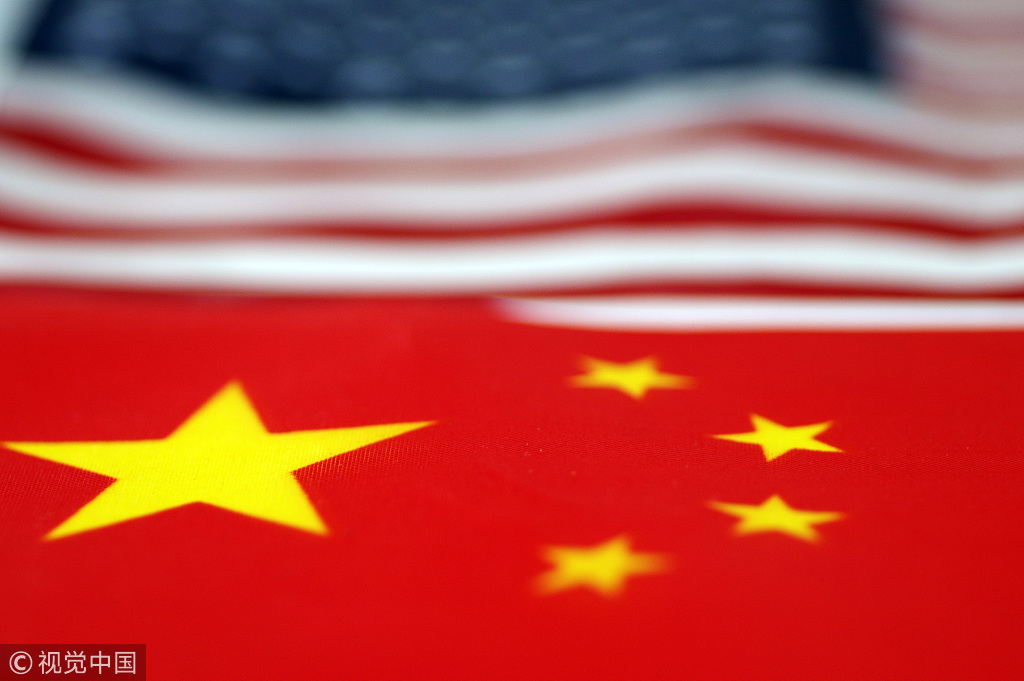China justified in hitting back to protect interests


Nine hours after the United States published a proposed list of China imports worth around $50 billion in annual trade it has targeted for additional tariffs, China announced a list of US goods totaling the same value that will be subject to equivalent tariff hikes, fulfilling its promise of retaliatory "measures of the same strength and the same scope".
Unlike some other US trade partners who succumbed to the Trump administration's raising of tariffs on steel and aluminum products, Beijing, as it has repeatedly said, is ready to stand toe-to-toe with Washington and trade blows if the wheeler-dealers in the US stubbornly persist with their protectionist gambit.
The Section 301 investigation, on which the latest list is based, is a stick that Washington often wields to intimidate its trade partners into conceding to its demands.
However, the Trump administration should realize that such a ploy will not work with China, a country that will not yield to any external pressure aimed at compromising its interests.
Although, the two sides have raised the stakes this time, with Washington targeting machinery, information technology and communication products, and Beijing hitting aircraft, autos and soybeans in retaliation, the world's two largest economies are not yet engaged in a full-fledged trade war. China is adhering to the rules by referring the US' action to the WTO for dispute settlement, and its countermeasures, although forced, have remained restrained and reciprocal.
Indeed, Beijing has never ceased sending the message that there would be no winners if there should be a trade war, and much collateral damage.
It is willing to talk, willing to strike a mutually agreeable balance in bilateral trade. But Washington should not mistake that for weakness. It will continue trading blows if forced to do so.
The Trump administration has turned a deaf ear to the complaints about its trade strategy at home, not least from the business community. Soon farmers, ranchers and other US workers will now be adding their voices to the chorus of blame directed its way.
While President Donald Trump may be thinking more of his core support and the mid-term elections in November than bilateral ties, Beijing continues to keep the longer term and bigger picture in mind.
The US' deficit in its trade with China is the result, primarily, of its low saving ratio, the US dollar's role as an international currency, domestic policies that do not support manufacturing, and its long-term ban on high-tech exports to China. It has also been exaggerated by its outdated way of calculating trade with China.
The complementary nature of the two economies and comparative advantages of China and the US constitute the foundation for bilateral trade, if not for the recalibration of the trade balance.
And since trade is the basis for his decisions, not the target, as a shrewd businessman, Trump surely knows it is time to strike a deal.
































